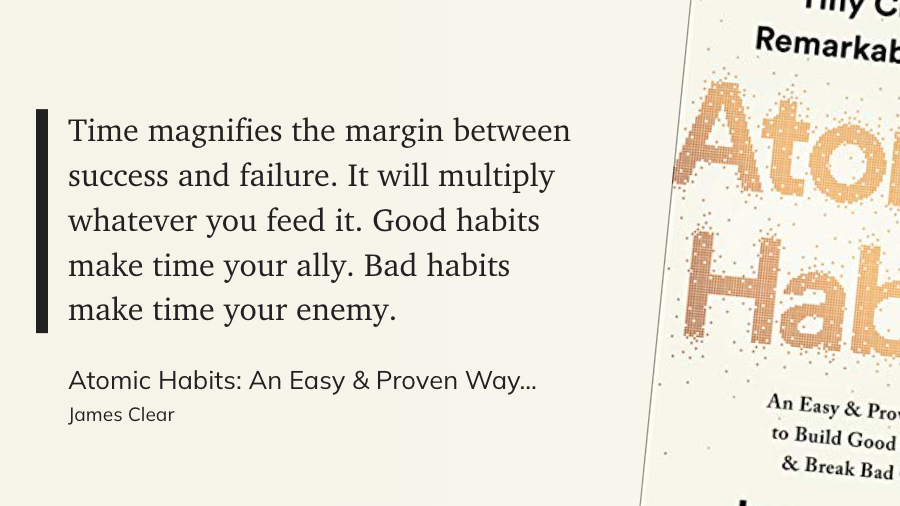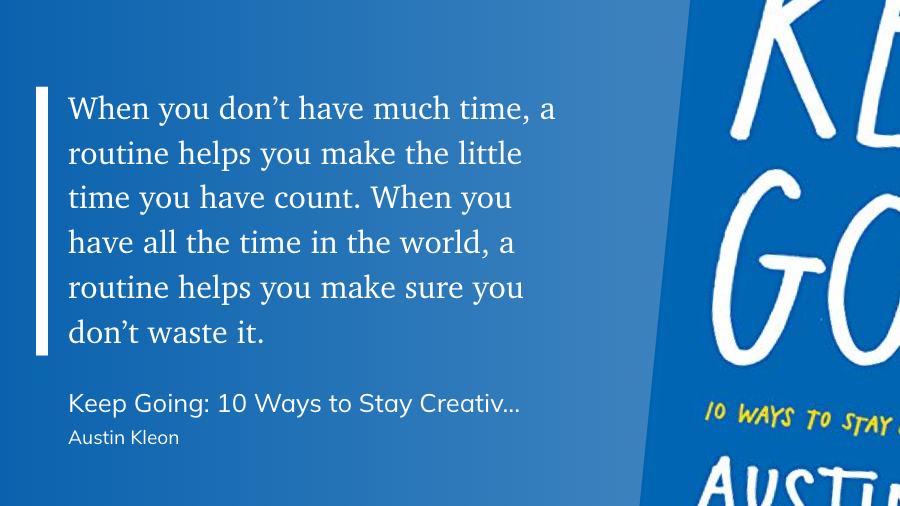Miles Davis, the American jazz impresario, once said, “Time isn’t the main thing, it’s the only thing.”
For certain, we don’t have enough time to do everything we want to do in our classrooms. But we are given the same amount of time as everyone else in this old world of ours, so we must figure out better ways to use our time.
For educators and administrators to thrive in the classroom or beyond, they need a firm grasp of time management. Unfortunately, there’s no one-size-fits-all solution – every educator has different obligations, workloads, and personalities.
The good news is that with a few powerful strategies for maximizing productivity, you can take control of your time to reach new heights of efficiency in both teaching and administrative tasks.
So let’s dive into some powerful strategies which will enable you (and, by extension, your school) to get more done in less time – so that you can focus on what matters most: creating an amazing learning environment where students can thrive.
Time management tips for educators
Educators are always looking for ways to be more efficient with their time. Here are some tips that can help:
Plan ahead. The more you plan, the less rushed you’ll feel and the more accomplished you’ll feel at the end of the day.
Set priorities. Know what is important and focus on those tasks first.
Delegate tasks whenever possible. Get help from others in your department or school to lighten your load.
Take breaks. Breaks help to refresh your mind and make you more productive when you return to work.
Use technology to your advantage. Many helpful tools online can help you manage your time better.
Tips for maximizing productivity in the classroom
To boost productivity in the classroom, several things can be done. Creating a supportive and effective learning environment is one of the most important. This can be accomplished by providing clear guidelines and expectations for the class and by interacting with students in a supportive and upbeat manner.
Being organized and having a plan for each class time are also crucial. This entails having a specific goal for what you want students to learn and a flow of activities that will guide them there.
It is also helpful to give students structure, especially if they struggle with focus or organization. This can be done by giving them specific tasks to complete during class or by providing a model for how work should be completed. Finally, it is important to remember that different students learn differently and to try to incorporate different teaching methods into your classroom to reach all students.
Strategies for conquering paperwork and administrative tasks
When it comes to conquering paperwork and administrative tasks, there are a few key strategies that can help make the process a little bit easier.
Yes, even in the digital world, there is still “paperwork” to deal with daily. It just happens to take up space on a hard drive or cloud storage somewhere. You still need a strategy for processing those files.
First and foremost, you should devise a system for arranging your paperwork/digital data. This could imply organizing documents into topic-specific folders, color-coding them, or using another method that makes sense to you. A system will help you keep track of what you have and will make it easier to find what you need when you need it.
Another effective strategy is to divide large tasks into smaller ones. Trying to tackle a mountain of paperwork all at once can be overwhelming, so take it one step at a time. Begin by identifying the most pressing tasks and focusing on them first. Then move on to less urgent matters. Breaking the process down into smaller chunks will make it feel less intimidating and more manageable.
Finally, don’t be afraid to ask for help when you need it. There is no shame in admitting that you are struggling with a particular task and seeking assistance from someone who can help. Friends, family members, and even professional assistants can all be useful resources for getting things done.
How to create a personal time management plan

Making a personal time management plan is an excellent way to ensure that you use your time as efficiently as possible. When developing your strategy, keep the following points in mind.
The first step is to determine your objectives. What do you hope to accomplish in life? After you’ve identified your objectives, you can devise a strategy to achieve them.
Your time management strategy should also include a daily schedule of what you intend to do. This will help you stay on track and make progress toward your objectives. It is also critical to be realistic about how much you can accomplish in a day and to avoid over-committing yourself.
Furthermore, creating some ground rules for how you will use your time is beneficial. Will you, for example, allow yourself to check email or use the internet for recreational purposes only after certain tasks have been completed? Will you designate specific times of the day for work and rest?
Making a personal time management plan can help you do more daily and reach your goals. By taking the time to create a plan that works for you, you can ensure that you are making the best use of your time.
The benefits of effective time management for educators
Time management is an important skill for educators. When educators are organized and efficient with their time, they can accomplish more during the school day. This not only benefits the educator but also the students they teach.
There are several benefits to effective time management for educators. First, when educators are organized, they can plan their lessons better and ensure that all necessary materials are prepared ahead of time. This makes for a smoother classroom experience for both the educator and the students.
Second, when educators are efficient with their time, they can get more work done in a shorter amount of time. This allows them more time to spend on important tasks such as grading papers or preparing for future lessons.
Third, when educators manage their time well, it can lead to a more balanced lifestyle. This is important, as it can help prevent burnout.
Lastly, when educators are good at managing their time, it sets a good example for their students. Teaching students how to manage their time effectively is an important life skill that will benefit them long after they have left school.

Conclusion
To summarize, effective time management has numerous advantages for educators. When educators organize and use their time efficiently, they can accomplish more during the school day. This results in a more enjoyable classroom experience for both the educator and the students and a more balanced lifestyle. Teaching students how to effectively manage their time is an important life skill that will benefit them long after graduating high school.
If you’re a teacher, you already know that time management is critical to academic success. You can maximize your productivity, conquer paperwork and administrative tasks, and create a personal time management plan that works for you by following some simple tips and strategies. The advantages of effective time management are numerous; not only will you be more productive in the classroom, but you will also have more free time to pursue your interests outside of work. Learn more about how to manage your time as an educator here.
Thanks for reading. Get access to exclusive content and expert insights on technology, teaching, and leadership by subscribing to my newsletter. Stay up-to-date on the latest trends and join our community of professionals and educators worldwide.
